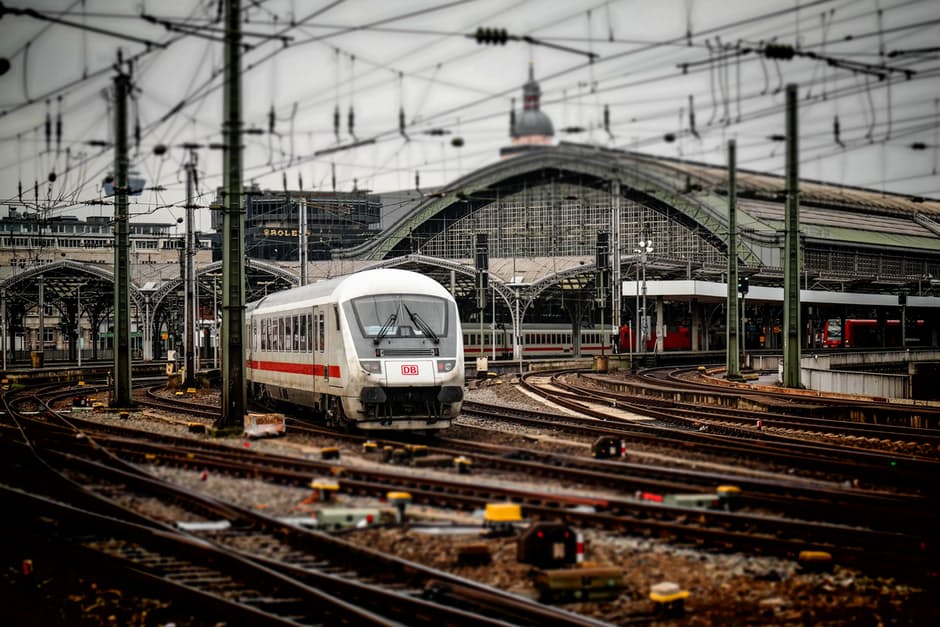
Competition looms as rail reform gets MEPs’ green light
Efforts to expose Europe’s rail companies to more competition have moved a step forward, with the EU’s Fourth Rail Package being approved by MEPs. The measure was controversial in some respects, but T&E has given the news a cautious welcome.
Interested in this kind of news?
Receive them directly in your inbox. Delivered once a week.
MEPs were voting on the so-called ‘political pillar’ of the rail package, which seeks to amend existing EU legislation in order to open up Europe’s railways to the private sector. The pillar sets out a framework for ‘open access’ to passenger train service contracts and lines for commercial train operators. The vote means the new rules are likely to be in force nationally by 2019.
Historically, contracts have been awarded directly to incumbent, largely state-owned operators without competition from other operators. The new rules will mean most contracts for rail services will have to be opened up for tender by 2023, although one final 10-year contract can be awarded up to then, potentially delaying the impact of the measure until the early 2030s.
T&E rail officer Samuel Kenny said: ‘Our interest in this rail package is to make sure that rail, which is energy-efficient and largely electric, can compete on an even footing with other means of transport, so its environmental advantages can be maximised. This is about making sure the benefits that competition has brought to other sectors can make rail a better alternative to flying or driving a car.’
The EU’s transport commissioner Violeta Bulc says she wants to create a similar economic environment to what happened a few years ago when air travel was opened up to private competition and the choice to the consumer was expanded. She also wants transparency of rail fares to improve, and for rail travellers to enjoy the same rights of refunds in the case of delayed and cancelled trains as air passengers enjoy.
Samuel Kenny added: ‘More players coming into the market can make rail travel more complicated. We need to ensure that booking and paying for rail travel throughout Europe becomes much easier, not more difficult; and that rail passengers can enjoy 5G services wherever they go. The sector needs to get ready to take on its next competitor: the autonomous car.’
But some MEPs voted against the political pillar when it came before the Parliament’s plenary meeting last month. Concerns included a belief that competition would lead to less popular rail lines ‘dying’, fears that governments and public authorities would lose too much control over strategic rail decisions, and worries that the new laws will not guarantee adequate staffing standards or provide protection for the working conditions of those employed on the railways.
Samuel Kenny concluded: ‘Competition doesn’t mean public authorities lose control over their railway system. Governments will still determine things like service availability, ticket prices or the level of service that is expected. The big difference is that the incumbents will have to show they can provide a better, cheaper service than other train operators. The experience in EU countries like Germany, Sweden and the Netherlands suggests this improves the performance of rail overall.’
